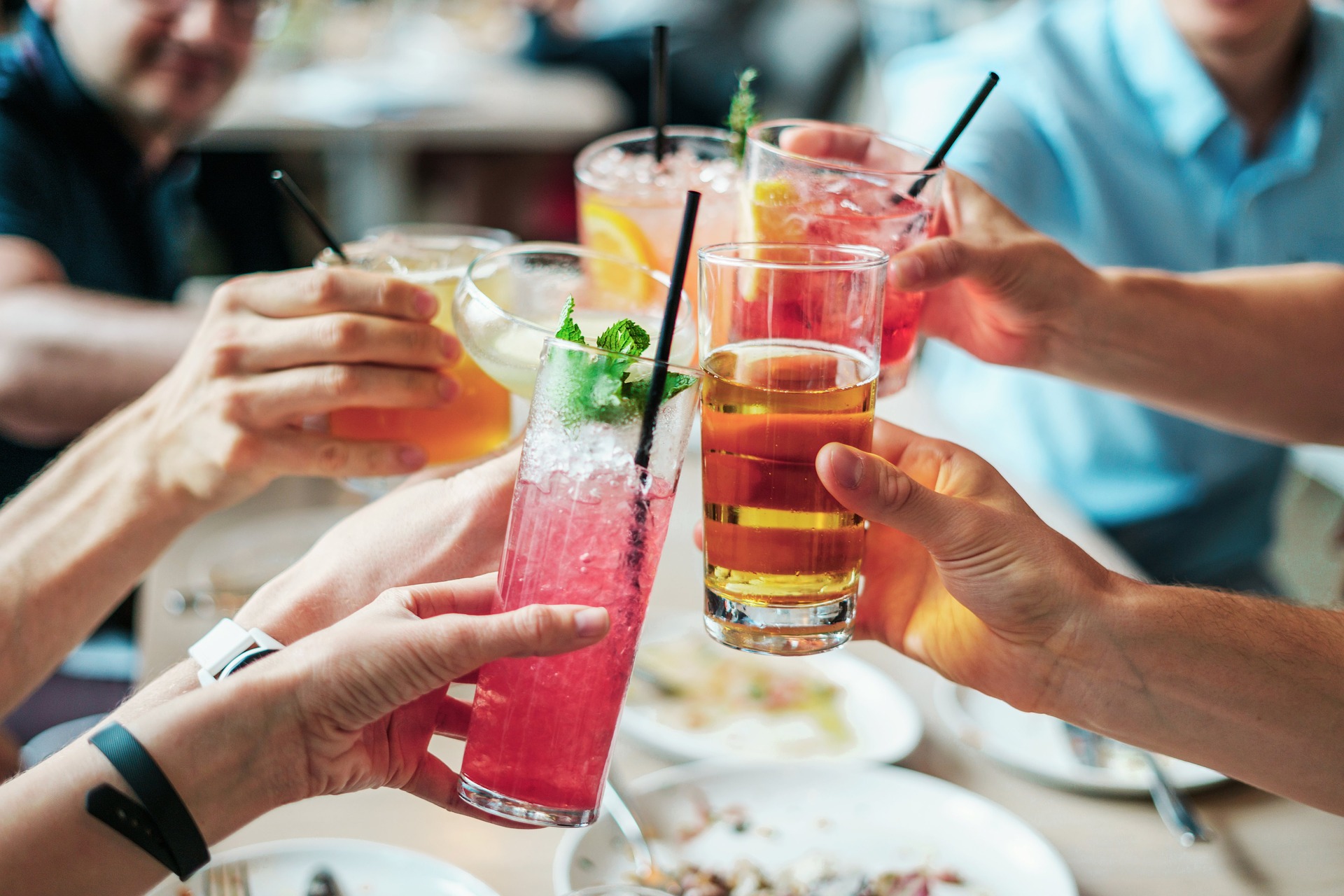TWIST: the wrong kind of loser
Welcome to “This Week in Sustainable Transitions” or TWIST a new weekly post which covers one topic in the news involving sustainable transitions and climate change.
I think sometimes we can become a bit zealous in our advocacy for the environment. Not that climate change and clean air aren’t worthy of zealousness- but we have to realize that when we push for climate change policies, those policies create both winners and losers. And what is a good for the environment might not be a policy that is good for everyone. Yes, this week I am talking about the ban on plastic straws.
If you have been following the news lately, you will have seen a slew of organizations and municipalities considering banning plastic straws such as McDonalds, Seattle, Alaska Airlines, and Starbucks to name a few. This in many ways is great, single use plastics are bad for the environment. And you know it must be in vogue because articles popped-up such as this one advising us on new environmentally-friendly straw swag.
However, like all policies, this one has some losers. In this case, it is those with disabilities who need plastic straws to drink. A number of articles pushed back on the idea of banning straws such as this one on Vox and this one on NPR. They describe the difficulty of the using alternatives to plastic straws such as choking hazards or risking injury because the straw can become too hot or cold. Of course, there are suggestions such as restaurants keeping plastic straws on hand in case someone does need them. But I think, and I hope that I am wrong, even when told that they should keep some plastic straws on hand most restaurants will simply forget to stock them. And with potential $1000 fines and jail time, keeping plastic straws on hand seems like risky business for most restaurants.
We normally expect environmental policies to impact businesses like oil or coal. We are okay with such actors being the losers of environmental policies. We imagine rich oil executives maybe becoming slightly less rich and coal miners getting comfortable jobs installing solar panels where they can enjoy the fresh air. Of course, this idea conveniently masks the suffering and stress experienced by individuals and their families in losing their livelihood. However, in the case banning plastic straws we have sympathetic loser- we don’t want to be seen making the lives of disabled people more difficult. This I think really represents part of the difficulty of transition- for each policy and change there will be someone who is worse off. How will we decide which environmental policies to adopt? Who do we decide to hurt? Because we will have to adopt many different policies to tackle climate change, we will be creating many losers- some which appear more sympathetic than others. Crafting policies which minimize the pain that these losers feel (even those that are less sympathetic) will go a long way towards continued support for the chosen policies and the transition in general.
